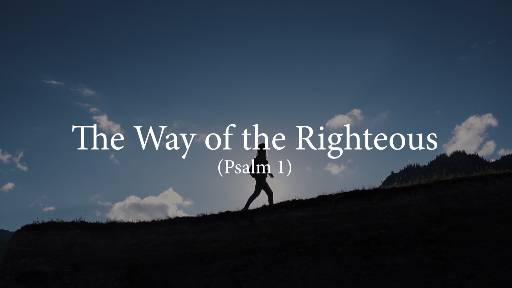-
Christian Part 1 Series
Contributed by Rodney V Johnson on Nov 28, 2017 (message contributor)
Summary: This two part series focuses on the differences between Christian beliefs and how the label Christian does not fully describes those following Jesus as it did when the term was originally given to His followers.
Christian
Part 1
Scriptures: Act 11:26; 1 Peter 4:16; Matthew 7:13-14; 28:19
Introduction
The title of my message this morning is “Christian” and I really want you to understand how this term describes someone who follows Christ today versus when it was first used some 2000 years ago. Some of what I have to say to you this morning may sound blasphemous but please hear me out before you make your determination about whether or not is Scriptural.
By now I’m sure all of you know about the tragedy in Orlando. And some of the responses were pretty typical of what you would expect to hear. When it comes to this one issue – the gay and lesbian community – there is a divide in the body of Christ. You have one side that supports them and believes that they should have the right to live as they please and love whom they please because God loves and accepts everyone regardless of their chosen lifestyle. Then you have the other side who say you don't have the right to live any way you please. This side will condemn them and tell them that they are going to hell unless they repent. If they don’t repent then they deserve any and everything that happens to them – from someone killing them to their dying from AIDS as this represents God’s judgment upon them for their sins. These two opposing views place God in a man-made box.
Matthew Vines, author of “God and the Gay Christian,” noted in an op-ed for TIME Magazine that nearly 50 percent of LGBT Americans are Christians, like himself. He notes that for them, Sunday mornings are a reminder that they are not accepted in many pews – that many traditional churches view homosexuality as incompatible with Christian beliefs. Mr. Vines told Religious News Service that “The core problem is that so many Christians still talk about the LGBT community like they’re not a part of the church and like they’re not part of the same family. That’s the core problem: They use ‘othering’ language that presupposes that Christians and LGBT people are separate, mutually exclusive groups,” Vines told RNS. There are Christians who believe that a person can be a part of the LGBT community and still be a Christian because their lifestyle does not conflict with God’s word because God loves and accepts everyone. There are just as many people who believe anyone living this lifestyle cannot be a Christian because their lifestyle is wrong and they are going straight to hell unless they repent.
After the shooting in the Orlando nightclub Christians used the social media to speak out against the shooting. Leaders came forth and spoke about the need to stop the violence and have more gun control laws. They talked about how this act goes against the very fabric of what Christianity stands for. Very few said what this was – an actual planned act against the LGBT community. This man did not want to kill just anyone, as he could have chosen many nightclubs if that were the case, no he targeted this nightclub because of who partied there, members of the LGBT community and their family and friends who approved of their lifestyle. This was an act of violence targeted at one group of people because of how they chose to live their life. This was one segment of Christians who came forth speaking out against the gun violence while ensuring they did not appear to support the lifestyle of the LGBT community.
On the other side of the “Christian fence” we find people like the two pastors who received a lot of public attention when they rejoiced and/or approved of the killing. One pastor from a Baptist church in Sacramento, CA told his congregation that Christians “shouldn’t be mourning the death of 50 sodomites. People say, like: ‘Well, aren’t you sad that 50 sodomites died?’ This he said referencing the initial death toll in Orlando, which authorities later clarified, included 49 victims plus the gunman. “Here’s the problem with that (he continued), it’s like the equivalent of asking me — what if you asked me: ’Hey, are you sad that 50 pedophiles were killed today?’ ‘Um, no, I think that’s great. I think that helps society. You know, I think Orlando, Fla., is a little safer tonight.’ He added: “The tragedy is that more of them didn’t die. The tragedy is I’m kind of upset that he didn’t finish the job!’ ‘I wish the government would round them all up, put them up against a firing wall, put a firing squad in front of them, and blow their brains out.” For the media and those who might not understand what it means to follow Christ, this pastor’s personal beliefs are judged to be reflective of most conservative Christians even if that is not the case.

 Sermon Central
Sermon Central



